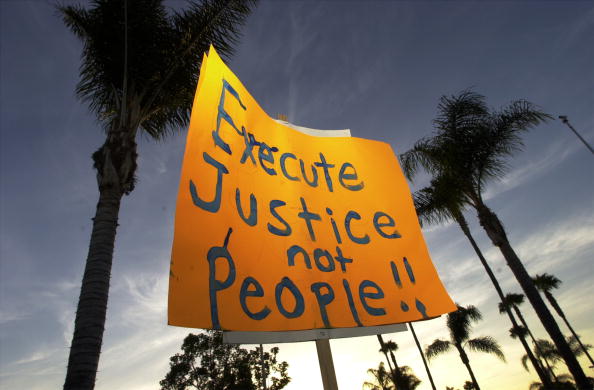Last week, at least two Utah state employees were involved in distributing a list of 1,300 names of supposedly illegal immigrants. This 29-page list was sent out to Utah government offices and media and included such personalized details as social security numbers, addresses, and even pregnancy due dates. The Governor of Utah, Gary Herbert, told CNN’s John King on Friday night that those listed have Hispanic names and not all of them are in the state illegally.
While Herbert condemned the actions saying the “release of such private, sensitive information is deplorable”, it isn’t just the violation of privacy rights and the rogue behavior of public servants that makes this incident so troubling. It is also the irrepressible undercurrent of racially-based targeting of those with Hispanic surnames as outsiders, creating a climate of intimidation and fear in communities of color and among people of foreign national origin.
As emphasized in the Amnesty Report Jailed Without Justice, all people, whatever their immigrant or citizenship status, have fundamental human rights which include the right to privacy and the right to be free from police harassment. Utah Attorney General Shurtleff acknowledged:
“Clearly, it’s not even meant as a blacklist. It’s more like a hit list. It is, I think to put people at fear, to terrorize, to get people mobilized to do things.”
I agree. State policymakers and officials must understand that discriminatory stunts such as “listgate” don’t occur in a vacuum. This incident has to be viewed in the larger political context of states like Utah’s neighbor Arizona rushing to adopt harsh and restrictive immigration initiatives without regard to the human rights violations involved. In fact, no one has been able to demonstrate persuasively how it will be possible to enforce Arizona’s anti-immigrant law, SB1070, without resorting to racial profiling, a blatant human rights violation.
Nevertheless, without a court-issued injunction to stop it, SB1070 will take effect next week, not only requiring police to arrest and detain anyone they reasonably suspect of being present in Arizona without a legal immigration status, but giving Arizona citizens the power to sue the police if they do not do so. You can speak out against SB1070 by sending a message to your senators.
When governors and other public officials pass laws allowing themselves to abrogate the human rights they are otherwise obligated to uphold, it’s no wonder that state workers are emboldened to engage in lawless and discriminatory conduct that terrorizes communities. There’s simply no justification for violating human rights. What’s next? Tolerance of hate crimes?

 But more important than Ronald Lee Gardner’s peculiar choice is the fact that
But more important than Ronald Lee Gardner’s peculiar choice is the fact that